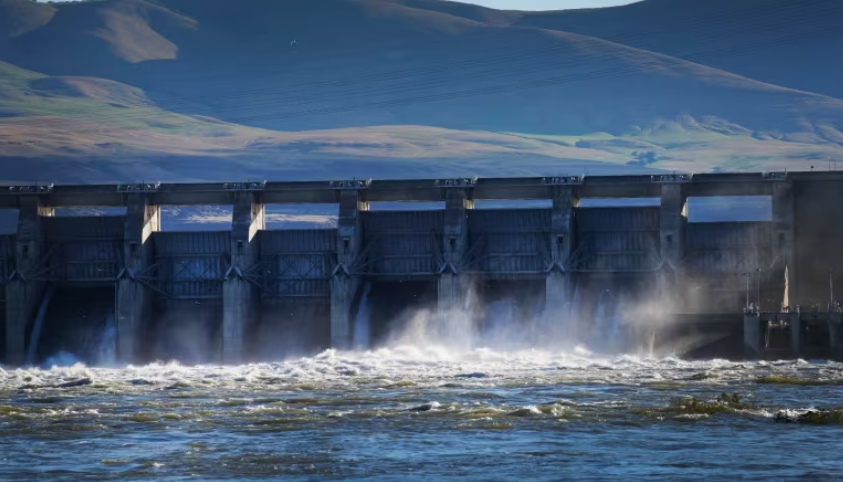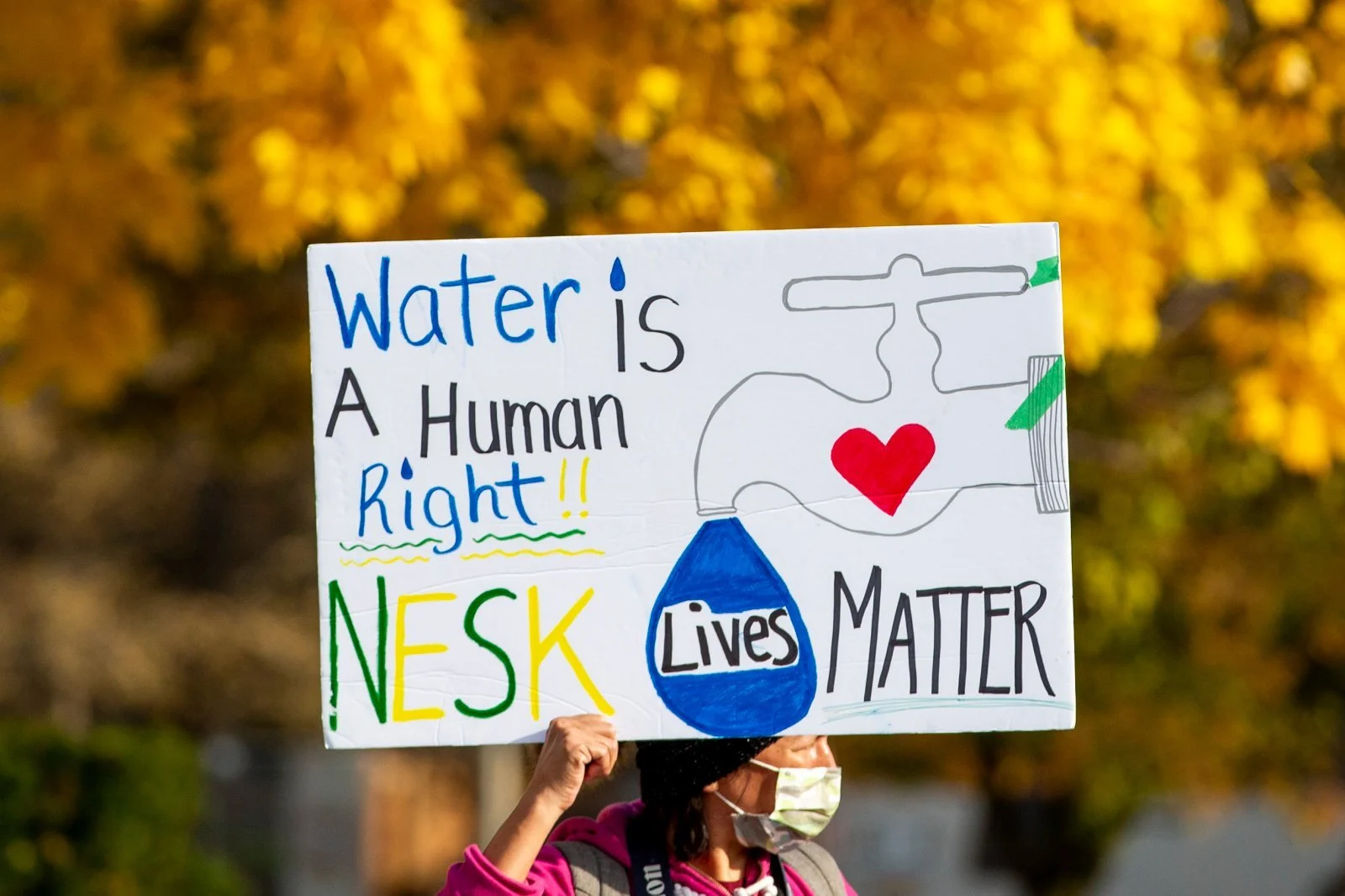Residents of the Columbia Basin and beyond gathered online Oct.18, hoping their concerns about the low water levels of the Arrow Lakes reservoir would be addressed. The 90-minute presentation focused on the situation through the lens of the Columbia River Treaty, and the current negotiations happening to modernize it.
Money, power and an ecosystem are all at stake in Canada-U.S. negotiations over a massive river
Walk along the banks of the Columbia River in B.C. and you might be forgiven for thinking it's like any of the province's other big waterways. You might spot a sturgeon, or glimpse one of the more than 60 dams in the Columbia's watershed. But the Columbia is not like other rivers. For one, it crosses the U.S. border to empty into the Pacific in Oregon. The Columbia River basin is also a vital source of electricity, providing about 40 per cent of all U.S. hydroelectric power, while B.C. draws almost half of its total electrical generation from the region.
First Nation on Vancouver Island declares marine protected area
The Tsawout First Nation, located 20 kilometres north of Victoria, B.C., has declared an Indigenous Protected and Conserved Area (IPCA) for 155 kilometres of ocean in its traditional waters. The area will be called QEN'T Marine Protected Area. QEN'T — pronounced "qwant" — means "to be looking after," "caring for," or "protecting something or someone" in SENĆOŦEN.
Biden, Trudeau pledge action on Columbia River Treaty, water quality concerns
Another round of negotiations over the Columbia River Treaty have wrapped up in Washington, D.C., as delegations with Canada and the U.S. met for the 16th time to discuss modernizing the water sharing agreement. The latest talks focused on strengthening co-operation to support aquatic life and biodiversity in the Columbia River Basin, ongoing studies regarding salmon reintroduction, flood-risk management and greater flexibility for how treaty dams are operated, according to an update from the province.
Negotiations ongoing to modernize Columbia River Treaty
The 15th round of negotiations to modernize the Columbia River Treaty was held in Vancouver on January 25 and 26. The Columbia River Treaty is a water management agreement that was implemented in 1964 between the United States and Canada. The U.S. prepaid Canada $64 million for a 60-year agreement to ensure flood control operations would be provided. The Columbia Treaty doesn’t have an end date but can be terminated by either country as of September 2024 or onward, if 10 years' notice is given.
Latest Columbia River Treaty modernization talks conclude
The latest round of negotiations between Canada and the United States over the modernization of a decades-old water-management agreement have wrapped up following discussions in Vancouver this week. The two countries are working to update the Columbia River Treaty, a flood management and power generation accord involving the Columbia and Kootenay river systems in the Columbia Basin region of British Columbia and the United States pacific northwest.
How colonial systems have left some First Nations without drinking water
Rebecca Zagozewski, executive director of the Saskatchewan First Nations Water Association, said she has seen contractors save on costs when building water treatment plants on reserves by using obsolete parts and failing to include maintenance manuals, ventilation or chemical rooms, and bathrooms. “Engineering companies will put in their bids obviously as low as they can go,” said Zagozewski.
First Nations-led water authority signs agreement with federal government
Atlantic region First Nations Chiefs and Indigenous Services Canada (ISC) have signed a framework agreement on a ground-breaking water utility that will oversee the drinking water and wastewater operations for over half of the First Nations population in the region. The agreement will transfer control and management of water and wastewater services for 15 Mi'kmaw and Wolastoqey communities from ISC to a single First Nations-led organization, and comes with a $2.5 million federal investment to get the water authority started on recruitment, training of staff and other operational costs.
A second chance: Canada, U.S. renegotiate a critical water treaty
The Columbia River Treaty, an international agreement governing the flow of water between British Columbia and six U.S. states, will be 55 years old this year. It has not aged well. The river springs from the Columbia Icefield in the Rocky Mountains of B.C. and winds 1,930 kilometres through the Northwestern United States – Washington, Oregon, Idaho, Montana, Nevada and Wyoming. No other river in North America spills more water into the Pacific Ocean.
US, Canada reach deal on disputed $244M water project
The agreement reached between the U.S. Bureau of Reclamation and the Canadian province of Manitoba sets up a team with Canadian representation to oversee treatment and monitoring of the river water, and among other duties help develop an emergency response plan. The team also is to have representatives of the state and federal governments south of the border, and is to meet at least once a year.











